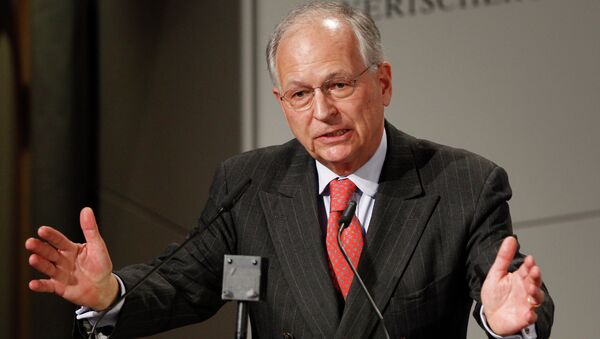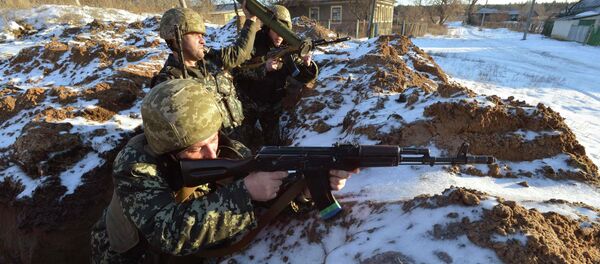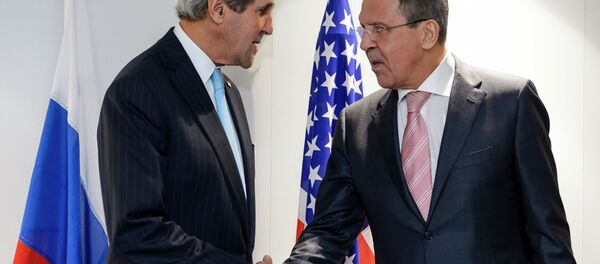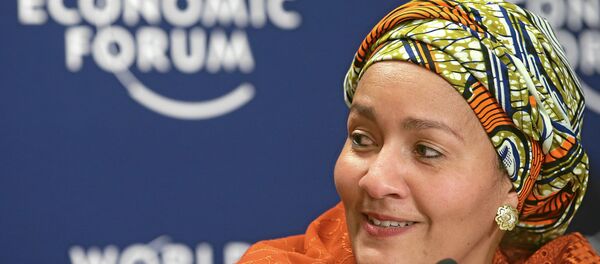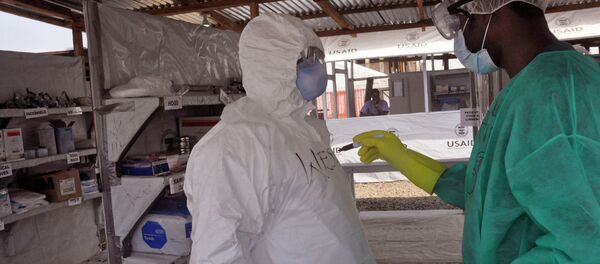MOSCOW (Sputnik) — The collapse of the international order in light of the crisis in Ukraine and its implication for the architecture of European security, as well as the deteriorating situation in the Middle East will be under the spotlight this weekend, as the 51st Munich Security Conference kicks off in the Bavarian capital on Friday.
The three-day event, gathering over 400 renowned decision-makers in international politics, including 20 heads of state and governments and about 60 ministers of foreign affairs and defense, will run through Sunday, February 8. The conference aims to promote international cooperation in dealing with today's most acute security problems.
Participants
NATO Secretary General Jens Stoltenberg, the President of the European Parliament Martin Schulz, the EU High Representative for Foreign Affairs and Security Policy Federica Mogherini, former UN Secretary-General Kofi Annan, the Secretary General of Amnesty International Salil Shetty and the Director of Human Rights Watch Kenneth Roth will also take part in the conference.
Highlights
A number of high-profile meetings, groundbreaking speeches, as well as reports are expected to take place in Munich. On February 7, the most important day of the conference, Angela Merkel, Sergei Lavrov and Joe Biden are expected to address the situation in Ukraine and to present reports on the issue.
Russia's Lavrov is also expected to meet NATO Secretary General during the conference. Lavrov will also meet the US Secretary of State John Kerry, who will be travelling to Germany from Ukraine.
The conference could also see a meeting of the Middle East Quartet, involving the United States, Russia, the European Union and the United Nations.
Another issue on the conference's agenda is a panel discussion entitled "The World in 2015: Collapsing Order, Reluctant Guardians?" which is based on a report of the same name prepared for the conference.
On the Margins
The Panel of Eminent Persons arranged by the Organization for Security and Co-operation in Europe (OSCE) will have its first meeting on February 8. The panel aims to present advice on how to improve European security after the Munich Security Conference.
The Munich Security Conference was established in 1963. Today, the conference is an international discussion forum attempting to promote international cooperation in dealing with major security challenges.
